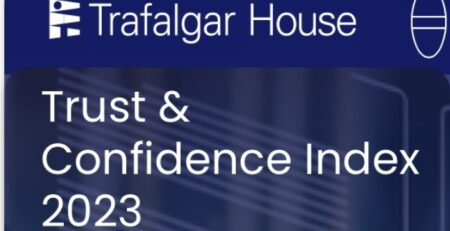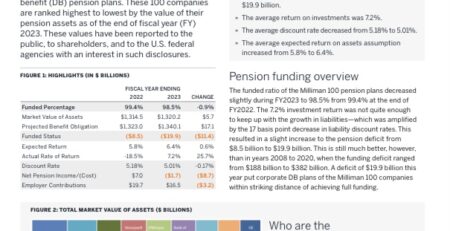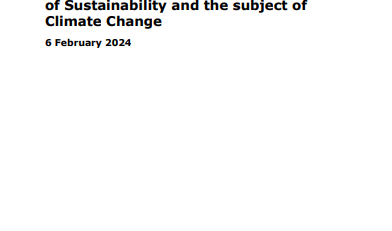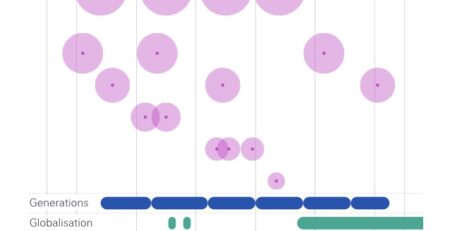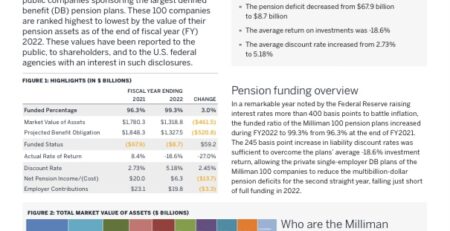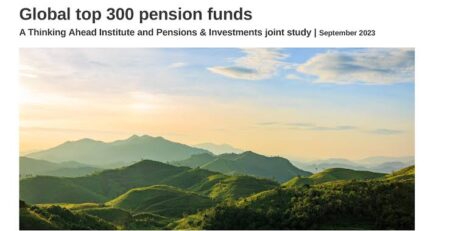Progress and priorities: reviewing sustainability in key pension systems
Pension funds are long-term investors and their ability to generate long-term returns relies on the performance of the markets and economies in which they invest. Because sustainability factors such as climate change and biodiversity loss threaten the performance of the markets and economies on which they rely for financial returns, pension funds have a responsibility to consider whether sustainability-related risks will inhibit their ability to protect long-term value and provide an adequate pension to their members or beneficiaries. Accordingly, pension funds are increasingly seeking to mitigate these risks through their investment decisions and stewardship activities.
Research carried out by the PRI in 2020 and 2021 on the Australian, United Kingdom, United States and Japanese pension systems found that there are policy, structural and market barriers to sustainability in these jurisdictions, which impact the ability of pension funds to incorporate ESG factors within their investment decisions and stewardship activities and to take action to pursue sustainability outcomes in keeping with their fiduciary duties. The research also identified intervention areas for policy makers and industry bodies, including the PRI.
Following this research, the PRI, the UNEP Finance Initiative (FI) and the Generation Foundation commissioned A Legal Framework for Impact (LFI), a report authored by Freshfields Bruckhaus Deringer and published in 2021. With a ground-breaking analysis of 11 jurisdictions around the world, the report considered whether the law permits or even requires investors to tackle sustainability challenges by setting and pursuing sustainability objectives. The report found that, under existing laws, pension funds are likely to have a legal obligation to consider investing for sustainability impact where this can help in pursuing their investment purpose and objectives. However, pension funds may face impediments to setting and pursuing positive sustainability objectives. With this in mind, this Legal Framework for Impact briefing suggests a number of recommendations for policy makers to address these barriers.
In 2023, the PRI carried out further industry research and practitioner interviews in Australia, the UK and the US to gather updated perspectives on the barriers to embedding sustainability in pension systems. Drawing on the conclusions of the PRI’s earlier pension reports and the LFI study, this report summarises the findings from this research in 10 priorities that are necessary for a pension system to take sustainability considerations into account. These priorities could enable and incentivise pension funds, their investment managers and consultants to build sustainable investment portfolios and help pension fund members become more informed about the sustainability objectives of their schemes. However, the PRI acknowledges that they are not exhaustive and further nuance and context is necessary when introducing them to different markets and pension schemes. The priorities are summarised in a policy, market structure and investment practice framework (see the summary of the 10 priorities below).
This report also analyses the extent to which the Australian, UK and US pension systems have made progress on each priority. We use the analysis to highlight good practice and key gaps within each jurisdiction. We find that, while there has been some progress since the PRI’s earlier reports – especially in relation to policy and regulation, with significant developments across all three jurisdictions – there are many elements across their policy, market structure and investment practice frameworks that still need to be addressed. Our aim with this research is to offer policy makers, investors and other interested stakeholders a view on the current state of the policy, market structure and investment practice environment for pension funds in these jurisdictions and to spur discussion on the priority areas for change.
Alongside this research, the PRI has been collaborating with its signatories to design Progression Pathways, which seek to better distinguish different approaches investors take to addressing sustainability-related risks, and set out what best practice looks like with respect to each approach. This may improve alignment on responsible investment objectives between actors along the investment chain. Policy and regulation may also seek to clarify how such approaches align with pension fund duties, and whether particular approaches are required.
Read the book here




